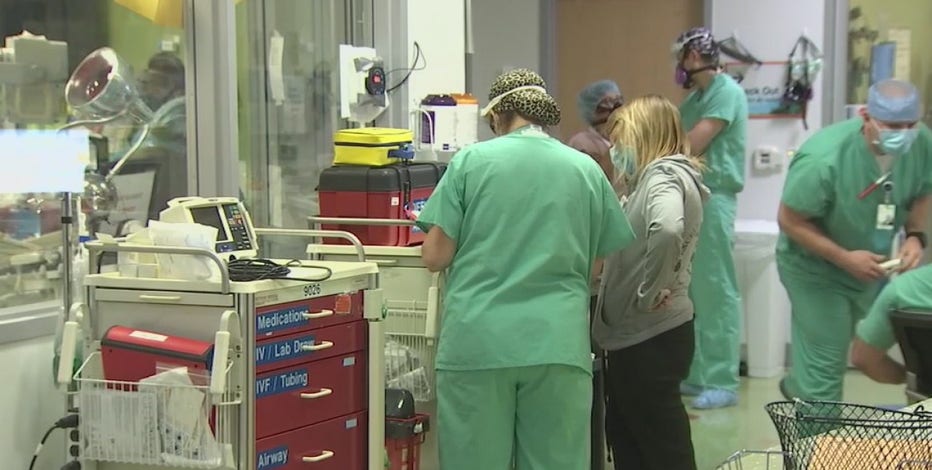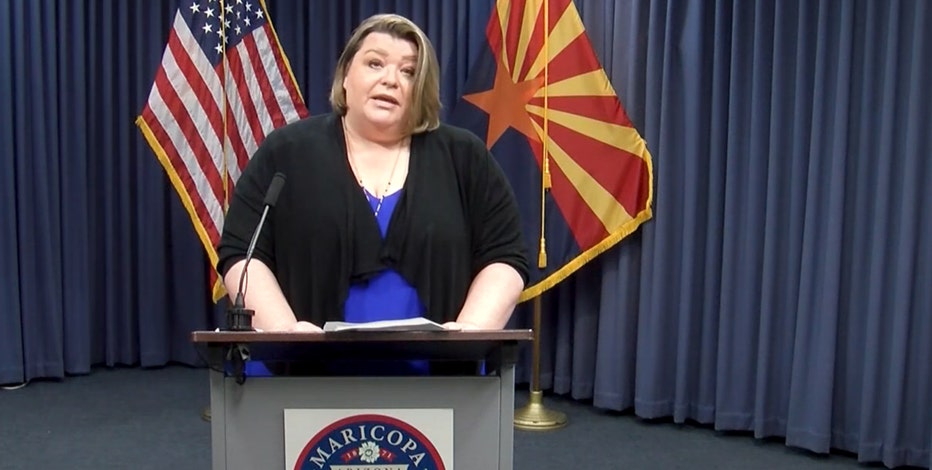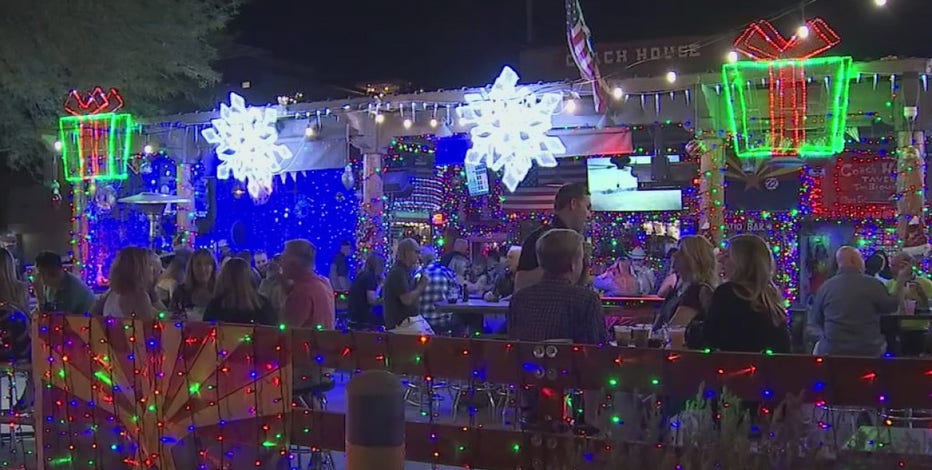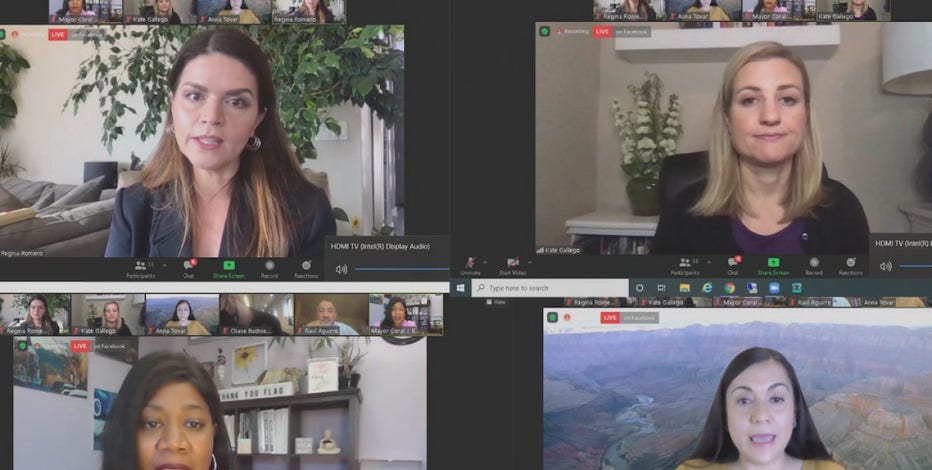Arizona urges Thanksgiving precautions against coronavirus spread

PHOENIX - On Nov. 21, the state of Arizona reported 3,628 additional COVID-19 cases and 30 more deaths amid increasing hospitalizations as health officials urged residents to take precautions during Thanksgiving gatherings to prevent infections.
The Department of Health Services recommended holding Thanksgiving celebrations outside along with masks, social distancing and staying home if sick.
“Don’t let down your guard, even around close friends and relatives who aren’t members of your household,” the department said on Twitter.
Arizona has been experiencing a rise in cases, hospitalizations and deaths since late September and early October. Officials have cited business and school reopenings and public weariness with COVID-19 precautions.
With the additional cases and deaths reported Saturday, the state's totals rose to 295,334 cases and 6,457 deaths, according to the state's coronavirus dashboard.
Hospitalizations reached 1,916 as of Friday, with 435 of those patients in intensive care beds, for a total of 24,181 over the outbreak.
The number of reported infections is thought to be far higher because many people have not been tested, and studies suggest people can be infected with the virus without feeling sick.
For most people, the new coronavirus causes mild or moderate symptoms, such as fever and cough that clear up in two to three weeks. For some, especially older adults and people with existing health problems, it can cause more severe illness, including pneumonia and death.
In other developments:
— The Navajo Nation, which stretches across Arizona, New Mexico and Utah, reported 168 new coronavirus cases and three new virus-related deaths on Saturday. The huge reservation has had a total of 14,612 cases and 626 deaths.
_____
In order to protect yourself from a possible infection, the CDC recommends:
- Avoid close contact with people who are sick.
- Avoid touching your eyes, nose, and mouth.
- Stay home when you are sick.
- Cover your cough or sneeze with a tissue, then throw the tissue in the trash.
- Clean and disinfect frequently touched objects and surfaces using a regular household cleaning spray or wipe.
- Cover your mouth and nose with a cloth face cover when around others
- Wash your hands often with soap and water for at least 20 seconds, especially after going to the bathroom; before eating; and after blowing your nose, coughing, or sneezing.
- Monitor your health daily
Continuing coverage of the coronavirus pandemic:
Featured
As COVID-19 cases increase, Valleywise Medical Center preps for influx of patients
Valleywise Health Medical Center is seeing a large increase in COVID-19 patients as the state of Arizona reports its third-highest number of new cases ever.
Featured
Maricopa County recording an average of 1,500 COVID-19 cases a day
The COVID-19 cases are hitting levels not seen since the spike over the summer, but county health officials say that's just the tip of the iceberg: the actual cases are much higher than reported cases.
Featured
Old Town Scottsdale may be bustling with people, but some still concerned about pandemic
As Old Town Scottsdale grows busier with the holidays growing closer, some people are still on their toes when it comes to the COVID-19 pandemic.
Featured
Four Arizona mayors call on Gov. Ducey for statewide mask mandate
Mayors in Phoenix, Tolleson, Tucson and Flagstaff called for Gov. Doug Ducey to implement a statewide mask mandate during a news conference on Nov. 20.





